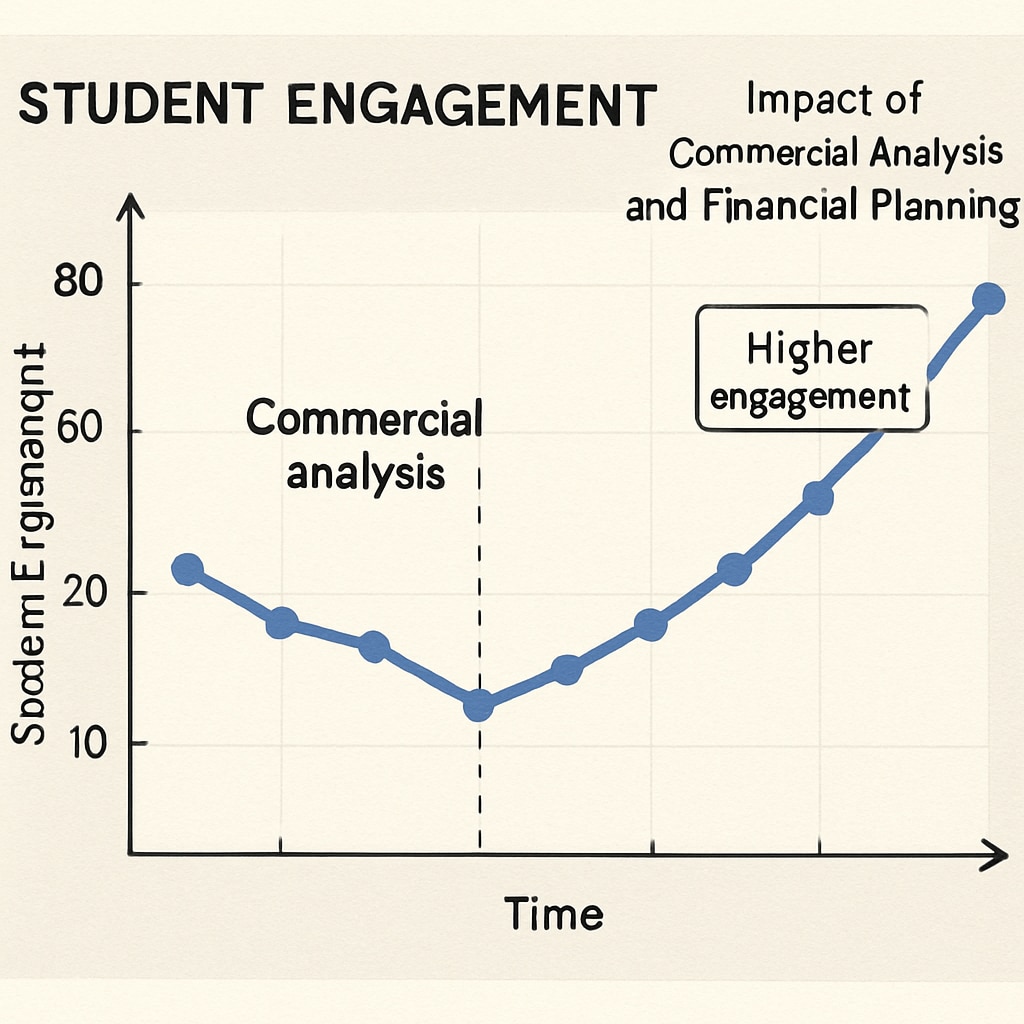The combination of commercial analysis and financial planning offers promising career paths in the K12 education sector. As education evolves to incorporate technology and data-driven decision-making, professionals with expertise in these fields bring a valuable perspective to areas such as educational technology (edtech), school management, and educational consultancy. This article delves into the multifaceted applications of this skill set and provides career development suggestions for markets in Singapore, the United States, and Australia.
Opportunities in Educational Technology (EdTech)
EdTech is transforming how students learn and educators teach, with data analytics and financial forecasting playing crucial roles in its development. Professionals skilled in commercial analysis can interpret vast amounts of educational data to identify trends, optimize learning platforms, and enhance student engagement. Coupled with financial expertise, they can strategize cost-effective solutions for schools and investors looking to implement edtech solutions.
For example, predictive analytics can forecast student performance based on historical data, and financial planning ensures that resources are allocated effectively to support struggling students. The integration of both disciplines enables the development of personalized learning paths, which are increasingly in demand globally.

Enhancing School Administration Through Data and Finance
School management is another area where commercial analysis and financial planning shine. Administrators often face challenges in budgeting, resource allocation, and operational efficiency. By applying commercial analysis, professionals can identify inefficiencies, streamline processes, and improve decision-making. Financial expertise bolsters this by ensuring schools operate within budget constraints while achieving educational goals.
For instance, professionals can use data to assess the performance of various departments and recommend reallocations of resources to maximize impact. This not only improves educational outcomes but also ensures the financial sustainability of institutions. Such approaches are particularly relevant in countries like Singapore and the United States, where education funding is often scrutinized.

Educational Consultancy: Bridging Strategy and Implementation
Educational consultants with expertise in commercial analysis and financial planning are uniquely positioned to advise schools, governments, and private institutions. They can assess the feasibility of new initiatives, such as implementing innovative teaching methods or expanding facilities, by analyzing data trends and projecting costs.
In addition, these consultants can help educational institutions navigate the complexities of funding, whether through government grants or private investments. Their ability to combine market analysis with financial planning ensures that recommendations are both actionable and sustainable.
Countries like Australia, with a growing focus on improving rural education, offer significant opportunities for consultants to shape impactful policies and drive educational equity.
Career Development Advice for Global Markets
To excel in these roles, professionals should tailor their expertise to the specific needs of their target markets:
- Singapore: Focus on technology-driven solutions and data compliance, as the country’s education sector emphasizes innovation and data privacy.
- United States: Develop skills in public funding analysis and stakeholder communication, which are critical for navigating the diverse education landscape.
- Australia: Prioritize strategies for enhancing rural education and equity, aligning with government initiatives to improve access to quality education across the country.
In addition, obtaining certifications in analytics tools and financial software can enhance employability. Networking within the education sector and attending conferences on edtech and school management can provide valuable insights and connections.
Conclusion: The fusion of commercial analysis and financial planning is a powerful combination for addressing challenges in K12 education. As the sector continues to evolve, professionals who can bridge data-driven insights with financial acumen will find themselves at the forefront of innovation. By leveraging their skills in edtech, administration, and consultancy, they can make lasting contributions to education systems worldwide.


